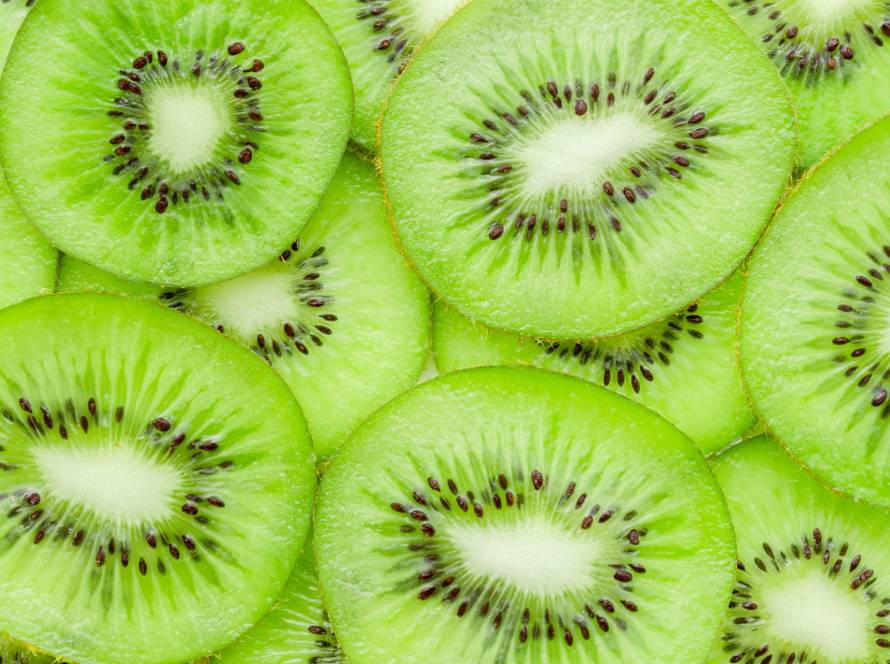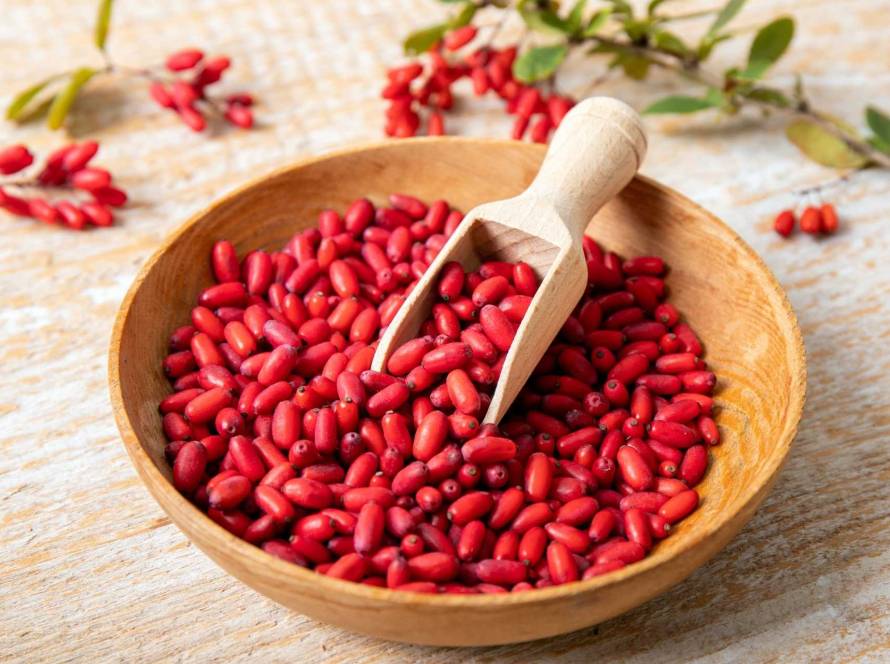Research on Rhodiola’s anti-aging effects reveals something remarkable: this ancient herb can extend lifespan by up to 24%in fruit flies and shows similar benefits in other organisms.
Let’s get into how rhodiola works its magic on longevity in this piece. We’ll look at how this botanical gem helps curb chronic stress, which we know leads to heart problems and weaker immunity and maybe even helps prevent cancer.
Understanding Rhodiola rosea and its role in longevity
Rhodiola rosea stands out as a remarkable herb that thrives in some of the world’s harshest environments. We’ll find it growing in cold, high-altitude regions of Europe, Asia and North America. This perennial flowering plant belongs to the Crassulaceae family. People know it by several names: golden root, arctic root, rose root and king’s crown. The plant grows to about 35 cm tall and showcases distinctive yellow flowers with a rose-like fragrance, which explains its species name “rosea”.
What is Rhodiola rosea?
The plant shows amazing resilience by flourishing at elevations up to 2280 meters in arctic and mountainous regions. Nature made this medicinal plant rare its adaptation to extreme conditions likely contributes to its biological strength and unique chemical makeup. The root’s power comes from over 140 bioactive compounds. Scientists have found salidroside and rosavins to be the most potent active ingredients. These compounds seem to drive rhodiola’s biological effects, especially its anti-aging properties.
How it became known as an anti-aging herb
Rhodiola’s reputation as an anti-aging powerhouse comes from centuries of traditional use and modern scientific proof. Traditional healers have used rhodiola in Chinese Medicine, Russian folk medicine and throughout Eastern Europe and Asia. The herb caught modern scientists’ attention after researchers at the University of California, Irvine found that rhodiola extract could extend fruit flies’ lifespan by up to 24%. Scientists later confirmed similar lifespan extensions in yeast, nematodes and silkworms.
Overview of Rhodiola rosea benefits
Rhodiola’s benefits go far beyond just extending life. The herb works as an adaptogen that builds resistance to various stressors without disrupting normal body functions. Research shows impressive anti-aging effects: it slows down age-related physical decline, strengthens immune function and builds stress resistance. Scientists have also documented rhodiola’s anti-inflammatory and antioxidant properties, along with its ability to modulate DNA repair. The extract shows promise in heart health protection, cognitive support and might help prevent neurological conditions.
The science behind aging and why Rhodiola matters
Biological aging shows up as our body’s functions slowly decline over decades. This decline leads to cellular damage that eventually disrupts the processes we need to stay alive. This helps us understand how herbs like rhodiola rosea can influence our aging experience.
Aging as a biological process
Several interconnected biological hallmarks create the aging process. Our cells start accumulating damage through genomic instability (DNA damage), telomere shortening and epigenetic alterations. These original events trigger other changes that include mitochondrial dysfunction, cellular senescence and altered intercellular communication. All these changes guide us toward what scientists call “inflammaging“, a chronic low-grade inflammation that shows up in aging bodies.
Why stress resistance is linked to longevity
Scientists have found a strong connection between stress resistance and slower aging. More importantly, experiments in species of all types show that mutations that extend lifespan associate consistently with increased resistance to various stressors. This is a big deal as it means that genes associated with bacterial pathogen resistance showed an 84% overlap with genes associated with longevity.
The science makes sense: chronic stress speeds up biological aging by increasing inflammation, damaging DNA and shortening telomeres. On the flip side, organisms with strong stress-response mechanisms live longer.
The role of adaptogens in healthy aging
Adaptogens work as metabolic regulators that improve an organism’s ability to adapt to environmental stressors. They act like low molecular weight “vaccines” or stress-mimetics. These compounds trigger mild stress-response activation that prepares the system for bigger challenges.
Rhodiola rosea extract uses this adaptogenic mechanism to activate stress-response signaling pathways that improve resistance to general stresses. Through this action, rhodiola extract influences everything in the aging process. It modulates the hypothalamic-pituitary-adrenal axis and regulates stress hormones like cortisol.
How Rhodiola rosea extract supports anti-aging at the cellular level
Rhodiola rosea extract works at the cellular level to affect multiple longevity pathways through its bioactive compounds. Scientists have discovered how this adaptogenic herb affects the basic mechanisms of aging.
Modulation of the mTOR pathway
The mechanistic Target of Rapamycin (mTOR) pathway is vital in regulating aging. Studies show that Rhodiola rosea extract SHR-5 and its active compound salidroside inhibit mTOR signaling by activating AMP activated protein kinase (AMPK)-α phosphorylation. This pathway inhibition reduces tumor cell growth in research models and triggers autophagy, a cellular cleaning process that’s essential for longevity. The lifespan extending effects of rhodiola seem linked to its mTOR regulating abilities.
Enhancement of DNA repair mechanisms
Salidroside knows how to improve DNA repair mechanisms, especially after oxidative damage occurs. Research shows salidroside activates poly(ADP-ribose)polymerase-1 (PARP-1), which helps repair damaged DNA bases. This activation protects hematopoietic stem cells from oxidative stress induced cycling and exhaustion. The result is better cellular regenerative capacity as we age.
Reduction of oxidative stress and inflammation
Rhodiola rosea extract shows strong antioxidant and anti-inflammatory properties. The extract boosts antioxidant enzymes like thioredoxin (TRX), heme oxygenase-1 (HO-1) and peroxiredoxin-1 (PRX1). Rhodiola also turns on the Nrf2 pathway, which controls the cell’s antioxidant response. Studies show rhodiola suppresses inflammatory proteins TNF-α, IL-1β and IL-6 throughout the body.
Support for mitochondrial function
Rhodiola rosea extract improves mitochondrial quality control systems by a lot. Research shows rhodiola activates mitophagy, improves mitochondrial dynamics and encourages new mitochondria formation. These processes help maintain optimal energy production in cells as they age. Salidroside also keeps mitochondrial membranes stable and complex I activity working through the MEF2D/ND6 pathway.
Neuroprotective effects in aging brains
Rhodiola extract’s brain-protecting benefits matter most when it comes to age-related cognitive decline. Studies show salidroside reduces brain cell death by increasing phosphorylated GSK-3β and decreasing phosphorylated tau proteins. This helps prevent both neuron loss and harmful amyloid-beta buildup. Rhodiola also shields neurons from glutamate toxicity by blocking JNK and p38 MAPK phosphorylation, processes linked to various brain diseases.
Clinical evidence and supplement considerations
Research from studies on multiple species shows rhodiola’s anti-aging effects. Scientists have discovered how this adaptogen affects longevity mechanisms and the best ways to use it as a supplement.
Human and animal studies on lifespan extension
Scientists have proven that rhodiola extends lifespan in various organisms. Research indicates that Rhodiola rosea extract extended lifespan in both male and female fruit flies, regardless of dietary yeast levels. The extract worked to extend lifespan even in flies with altered SIR2, IIS or TOR pathways.
Rhodiola rosea from the Carpathian Mountains helped fruit flies live longer and stay healthier, though these benefits depended on their diet’s protein-to-carbohydrate ratio. Aqueous rhodiola extract also helped silkworms live substantially longer without changing how much they ate, their weight or ability to reproduce. Scientists linked this effect to better antioxidant enzyme activity and changes in BmFoxO expression.
Standardized extracts: SHR-5 and others
The Swedish Herbal Institute makes SHR-5 following Good Manufacturing Practice. This extract leads the way in rhodiola research. SHR-5 has proven its worth since 1985 through many clinical trials that show it helps mental performance, reduces fatigue and lifts mood. Quality extracts usually contain 3% rosavins and 1% salidroside.
Rhodiola rosea has evolved from a traditional remedy to a scientifically proven adaptogen with remarkable anti-aging benefits. Research in this piece shows how this tough herb affects basic aging processes at the cellular level.
No single treatment can stop aging completely. Yet rhodiola proves to be a promising natural ally in the interests of healthier longevity. Modern science continues to uncover more about adaptogens and Rhodiola rosea remains at the vanguard of natural compounds that support resilient aging. This golden root’s ancient wisdom has passed scientific testing and modern research has reinforced its value. It offers a great addition to evidence-based approaches for healthy aging.


